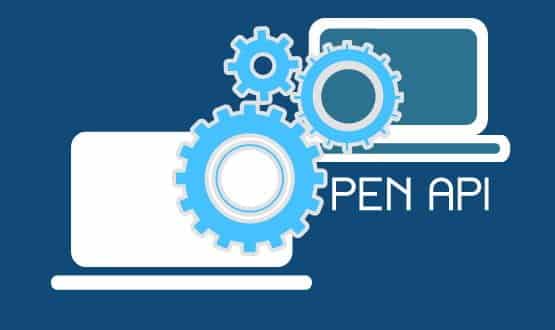GP IT suppliers agree to standard open APIs
- 7 April 2016

England’s four principal GP IT system suppliers are committed to developing standard open APIs and are working on a plan detailing when they will be released, NHS England has said.
A ‘composite plan’ will be released at the end of this month with the aim of having the initial list of agreed APIs developed and either in testing or live within two years.
NHS England’s head of enterprise architecture Inderjit Singh said all four principal suppliers – Emis, TPP, INPS and Microtest – are “fully on board around the need for structured real-time APIs.”
The three initial APIs, or standard interface mechanisms, will be around appointment booking, tasks and record access. Singh said priority areas are being driven by demand from the clinical community
They are being developed by NHS England and the Health and Social Care Information System in partnership with the principal suppliers and delivered via a programme called GP Connect.
NHS England’s senior responsible officer for GP Systems of Choice Tracey Watson said the latest national GPSoC contract, signed by the suppliers in 2014, detailed the need for supplier-specific APIs.
This programme of work, called Interface Mechanisms 1, enables point-to-point integration between third party suppliers of GP systems and the principal suppliers. However it has suffered from several challenges and delays, with some third party suppliers claiming the principal providers have been dragging their heels on development.
The contract, which is due to be extended for another two years, also required the development of standard interface mechanisms, which would enable information sharing between any approved supplier and the principal systems.
“The requirements to meet open standards will mean that each principal supplier will be required to implement the same non-proprietary interfaces so consuming systems will be able to consume freely available standards without the need to do the direct point-to-point pairings,” explained Watson.
She acknowledged that GPSoC2 did not go into sufficient detail about the requirement for standard interfaces. NHS England and the HSCIC have therefore had to define the ask and convince suppliers to their way of thinking on APIs.
“Getting the detail around what’s in Interface Mechanisms 2 (now called GP Connect); that’s been the work that we have been busy on over the past eight to nine months,” Watson said.
She added that each of the principal suppliers had concerns and challenges about the plan that they had to work through with NHS England. The last to agree to the plan was TPP.
“It’s been a journey, but we are at a point now where we don’t have to convince the suppliers that open APIs are a good thing. They are all on board with what needs to be done. I don’t need a contractual lever to make them want to do this and their customer base is expecting this.”
The composite plan will also include the release of central capabilities that will be built in-house by the HSCIC’s Spine team and will help consuming systems gain access to the APIs.
These include the ability to identify; the requesting system; the patient for which information is being requested; the location of the patient record; and what data sharing the patient has agreed to.
Production on the first API is due to start towards the end of this year. Watson believes that once the interface mechanisms are in place, the opportunities for the market to develop new and exciting applications will be “limitless”.
Read more about the GP Connect programme in features.




